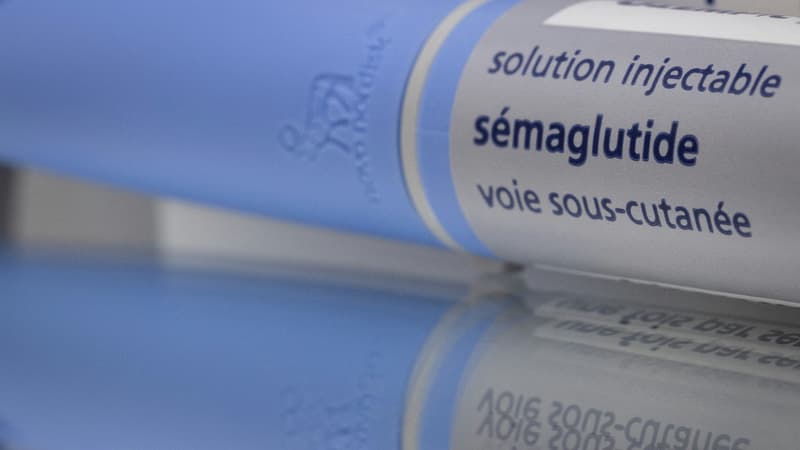Miracle cure for obesity? A new generation of drugs to lose weight arouses great hope to fight against this global health calamity from which laboratories and investors are already making a lot of profits.
Obesity affects more than a billion people worldwide, according to the WHO. It is a risk factor for cardiovascular diseases, diabetes, certain types of cancer and complications such as Covid-19. Difficult to treat, it is expensive for health systems. Its causes are not only related to lifestyle, but may be influenced by genetics.
If prevention and medical care do not improve, the World Obesity Federation predicts that by 2035, half (51%) of the world’s population will be overweight or obese. And according to his calculations, the global economic impact would be just as devastating: it could exceed 4,000 trillion dollars a year.
Mimicking a hormone secreted by the intestines
From the first generation of weight loss treatments developed until the 1960s, obesity rates have been rising steadily and research has also come a long way.
In addition to being effective against diabetes, the recent family of anti-obesity drugs leads to much greater weight loss than hitherto available drugs with less severe side effects (nausea, diarrhea). It also shows a benefit on cardiovascular risks.
This therapeutic class mimics a hormone secreted by the intestines (GLP-1) to tell the brain to feel full after eating food.
Champions in this segment, the American Eli Lilly and the Danish Novo Nordisk saw their sales take off in the second quarter thanks to their increasingly popular molecules to stimulate weight loss. Eli Lilly had scored a point at the end of April by confirming that its anti-diabetic blockbuster, marketed under the name Mounjaro (tirzepatide), also contributed to weight loss (more than 15%).
an important market
Given the size of the market -40% of adults suffer from obesity in the United States-, a possible green light for Mounjaro at the end of the year, this time against obesity, by the American Drug Agency (FDA) would be a commercial . blessing to the group. Its Mounjaro sales approached $1 billion in the second quarter alone.
“The therapy is likely to prove a popular alternative to bariatric surgery, as Mounjaro has been shown to cause equivalent weight loss,” said Akash Patel, pharmaceutical analyst at GlobalData.
For Novo Nordisk, the signals are green: This week, a study showed that its obesity treatment Wegovy (semaglutide), whose sales more than quadrupled in the second quarter, reduced the risk of stroke by 20%. Potentially enough to convince insurers on the other side of the Atlantic to cover these treatments that respond to real health problems and not just the desire to lose weight.
Be careful, yes, with the reaction of the European health authorities. The European Medicines Agency announced in July that it was examining the possible adverse effects of several increasingly prescribed anti-diabetic drugs for weight loss. Wegovy and Ozempic, another drug from Denmark’s Novo Nordisk, are in the spotlight.
Still too high a cost
However, one of the main barriers to patient access to GLP-1 drugs, administered by injection, is cost, stresses the American Pharmacists Association, knowing that obesity must be controlled over the long term. It costs more than $10,000 a year for a subcutaneous injection given once a week.
One way to reduce this price, but also to simplify taking the drug, would be to develop tablets to swallow every day, according to experts. A path in which Novo Nordisk is well advanced in its clinical studies. Eli Lilly and compatriot Pfizer are also looking to develop this type of oral solution.
The stakes are high for these companies: according to Morgan Stanley, the global market for obesity treatments could be worth $54 billion by 2030.
Source: BFM TV


